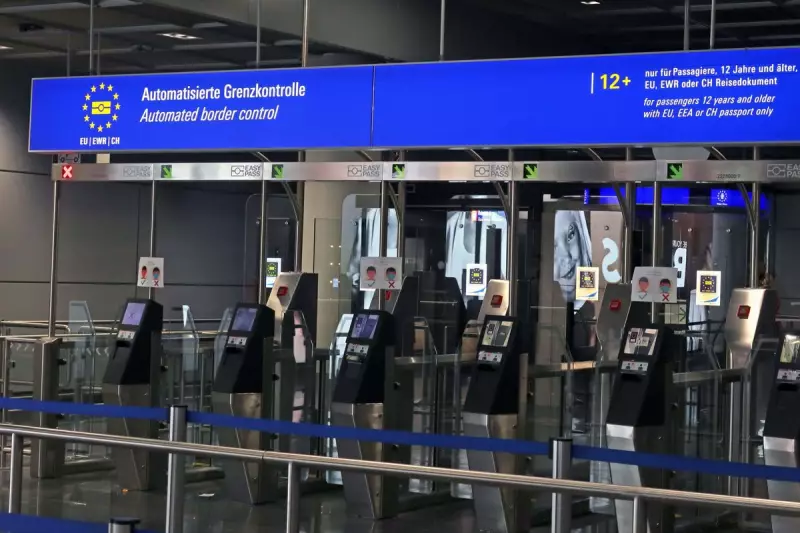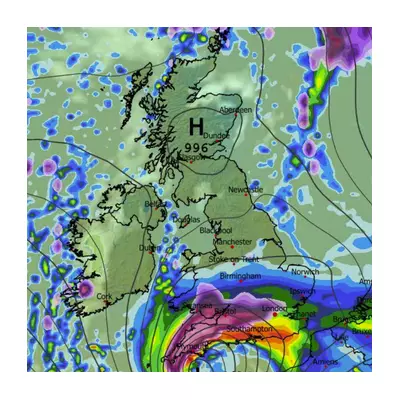
British holidaymakers and business travellers are being warned to prepare for significant disruptions when crossing into European Union countries this autumn, as a new biometric border system is set to launch in October.
The European Union's Entry/Exit System (EES) will require all non-EU travellers, including British citizens, to undergo facial scans and fingerprinting when entering the bloc. This automated IT system aims to replace manual passport stamping and strengthen border security across participating nations.
Potential for Extreme Delays
Travel experts are sounding alarms about potential queue times stretching to 14 hours at critical border crossings, particularly the Eurotunnel terminal in Folkestone and the Port of Dover. The new process is expected to take considerably longer than current passport checks, raising concerns about massive traffic build-ups.
Eurostar services could face particular challenges, with the additional biometric checks threatening to create bottlenecks at London St Pancras and other international rail terminals.
How the New System Will Work
The EES will require travellers to:
- Provide facial image captures
- Submit fingerprint scans
- Register passport details electronically
- Answer questions about destination and duration of stay
This information will be stored in a central database for three years, allowing authorities to track compliance with 90-day visa-free stay limits.
Industry Response and Preparation
Transport operators and border authorities are reportedly scrambling to prepare for the October implementation. Additional kiosks and staff are being deployed at major entry points, but concerns remain about whether infrastructure upgrades will be sufficient to handle peak travel periods.
"The introduction of EES represents the biggest change to EU border management in decades," noted a border security expert. "While it enhances security, the initial implementation phase is likely to test the patience of even the most seasoned travellers."
Travel industry representatives are advising passengers to allow extra time for their journeys and to monitor updates from transport providers as the implementation date approaches.





